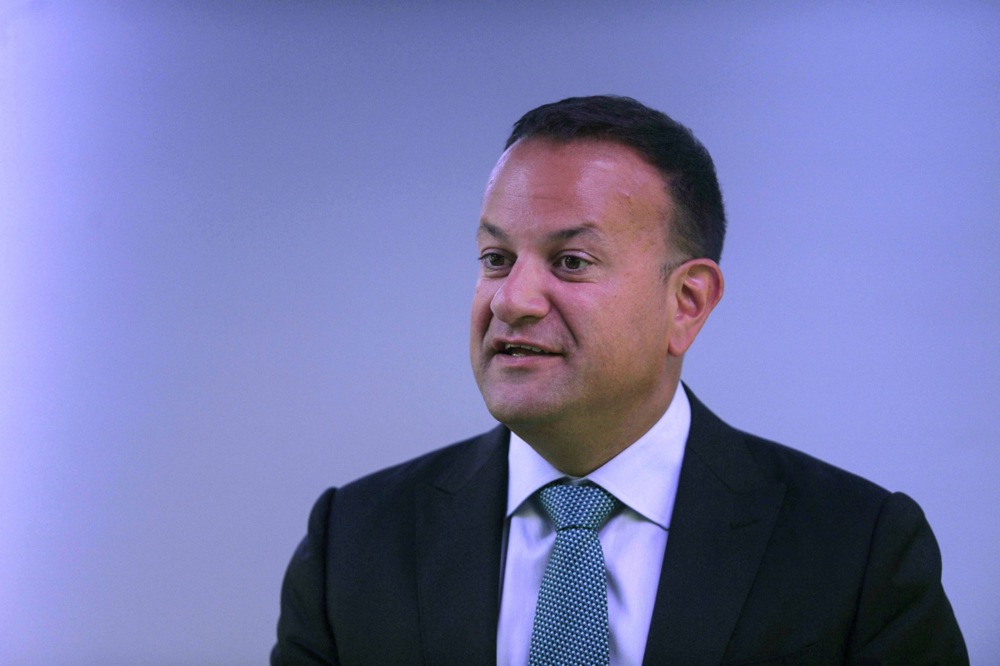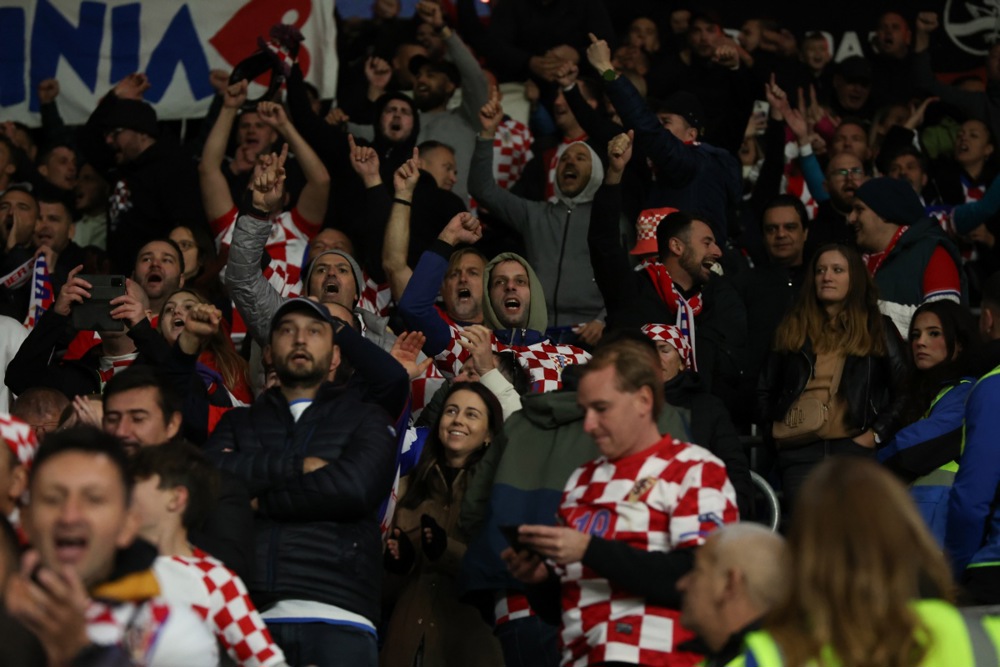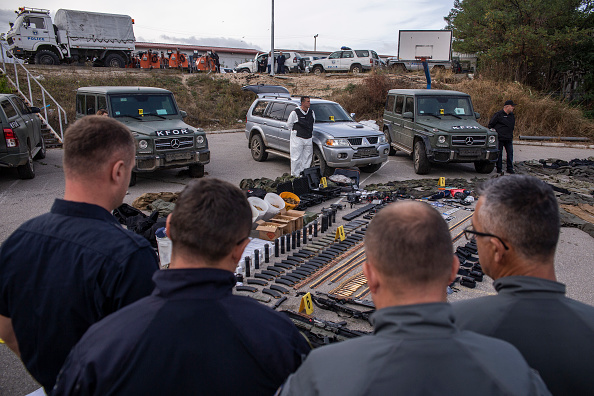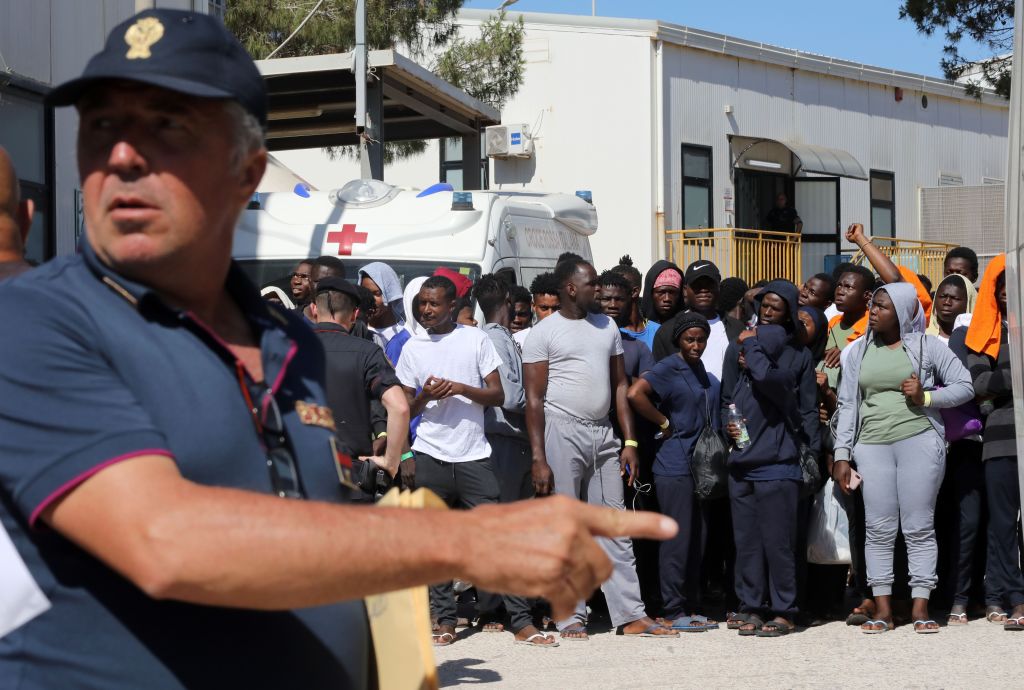The European Union is holding its first-ever joint military exercise in Spain, as 2,800 military personnel, 25 aircraft, and six naval vessels from nine nations gathered in the port city of Cádiz on October 17.
The latest exercise represented a “welcome development” for EU members starting to take joint command and control seriously, Nadeem Cheshti, a defence consultant and retired British Army officer, told Brussels Signal.
He added it was also revealing that participating forces’ “capability gaps and sharing of intelligence and decision-making cycles will need to be significantly sped up”.
That was “particularly thorny, as some in Europe are perceived to be less ‘on-side’ than others”, Cheshti said.
EU High Representative for Foreign Affairs and Security Policy Josep Borrell admitted that, for many, development of the bloc’s Rapid Deployment Force capacity was later than hoped.
“Yes, maybe, maybe we could have got it quicker,” he said. An EU rapid deployment capability and a capacity to conduct military planning had been under discussion since 2016. The plans now involve forming a 5,000-strong EU rapid reaction force by 2025.
While France had advocated a co-ordinated EU defence policy for years, other European countries had baulked at what they felt might be a weakening of NATO or detaching Europe strategically from the US.
Positive momentum built following the Taliban’s summer 2021 takeover of Afghanistan after the US announced the withdrawal of its forces.
A year later the EU’s 2022 security and defence Strategic Compass was developed.
The current exercise scenario raised some observers’ eyebrows, involving a fictitious EU partner south of the Mediterranean whose leader required support because of a violent extremist organisation.
Jacopo Maria Bosica, a Brussels-based public policy assistant and former researcher at the European Army Interoperability Centre, said the operation should be understood “within an effort to ultimately turn the EU into a military power in the near future, by holding similar exercises periodically”.
Exercising under an EU umbrella would “enhance the EU’s crisis management capabilities”, and “allow the bloc to gain operational independence from NATO” in the medium term, he added.
He did agree there were still challenges in “establishing a fully-fledged EU armed force”.
These hurdles included the still-modest amount of EU funds allocated to defence and military operations and the difficulty in reaching unanimity at European Council level. In addition, he pointed to what he said was “the political unwillingness to discuss the establishment of an EU army, which still remains a taboo”.
Stephen Badsey, a professor of conflict studies at Wolverhampton University and former Sandhurst lecturer, said the exercise provided another example of a bloc “demonstrating its solidarity, and of sea power”.
Military personnel from Austria, France, Hungary, Ireland, Italy, Malta, Portugal, Romania and Spain are taking part in the live exercise, which runs until October 22. It includes a beach landing to secure a main harbour in the fictitious country of Seglia.
Edoardo Bombardieri, a defence consultant in Brussels who has worked for the European External Action Service, said the organisers appeared to have done “a pretty good job in devising a multi-domain scenario”, involving land, air, naval and amphibious forces.
That type of scenario was “one of the most challenging to put in place and really raises the bar of EU exercises”, he said.
Future ones would involve “testing scenarios other than rescue and evacuation missions” in challenging exercises that would “test the boundaries of the EU’s role as a security provider”, added Bombardieri.
Germany is expected to lead the next episode of EU live exercises in the latter half of next year.
“If that’s not an EU army I don’t know what is,” declared arch-Brexiter Nigel Farage on the evening of the start of the week-long operation.
In a 2014 Brexit debate, Farage had sparred with former UK Deputy Prime Minister Nick Clegg over whether the EU entertained hopes for a joint army.





